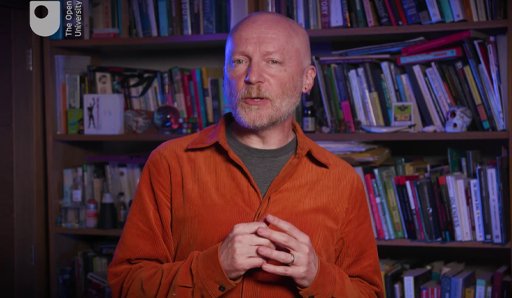Week 8: What can we know?
Introduction
Eugene Wigner, a theoretical physicist who received the Nobel Prize in Physics four years later, concluded a 1959 lecture on ‘The unreasonable effectiveness of mathematics in the natural sciences’ with the words:
The miracle of the appropriateness of the language of mathematics for the formulation of the laws of physics is a wonderful gift which we neither understand nor deserve. We should be grateful for it and hope that it will remain valid in future research and that it will extend, for better or for worse, to our pleasure, even though perhaps also to our bafflement, to wide branches of learning.
Having seen the power of mathematics demonstrated throughout this course, you may be surprised to see an eminent particle physicist who obtained the Nobel prize (‘for his contributions to the theory of the atomic nucleus and the elementary particles, particularly through the discovery and application of fundamental symmetry principles’) express his astonishment at the fact that mathematics provides an appropriate ‘language’ to describe the laws of nature. How can that be?
In this final week, you’ll take a broader – and somewhat more philosophical – look at the link between mathematics and the sciences, and the nature of mathematics itself. In particular, this week will explore what’s meant by a ‘theory’, and how we decide which ‘theory’ to accept.
Here’s Marcus to introduce this week’s topic.

Transcript: Video 1 Introduction
By the end of this week, you should be able to:
- appreciate the role of mathematics in science, and its limitations
- reflect on whether mathematics was invented or discovered
- understand what is meant by a ‘theory’ of nature
- discuss philosophical questions relating to a mathematical description of nature
- appreciate the limits to what we can know.

